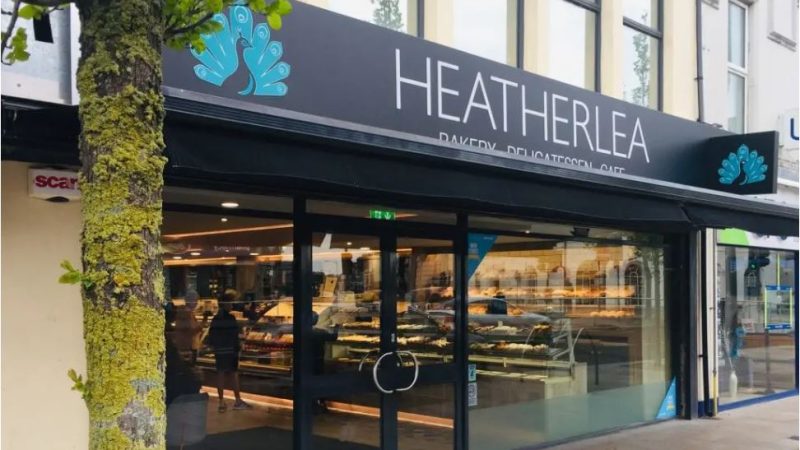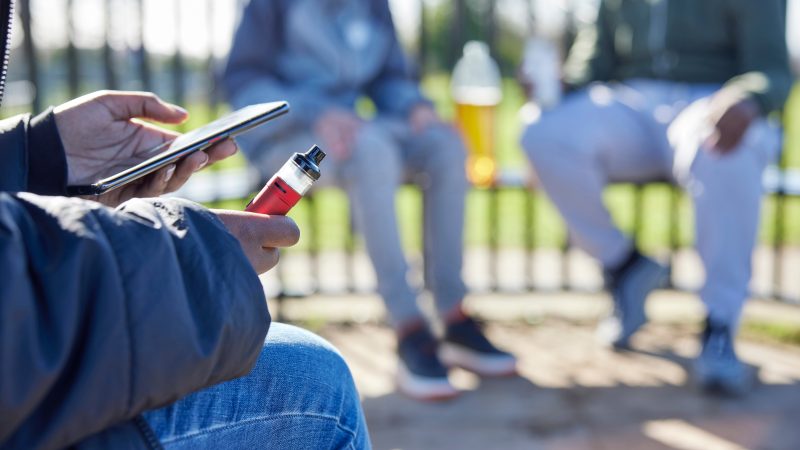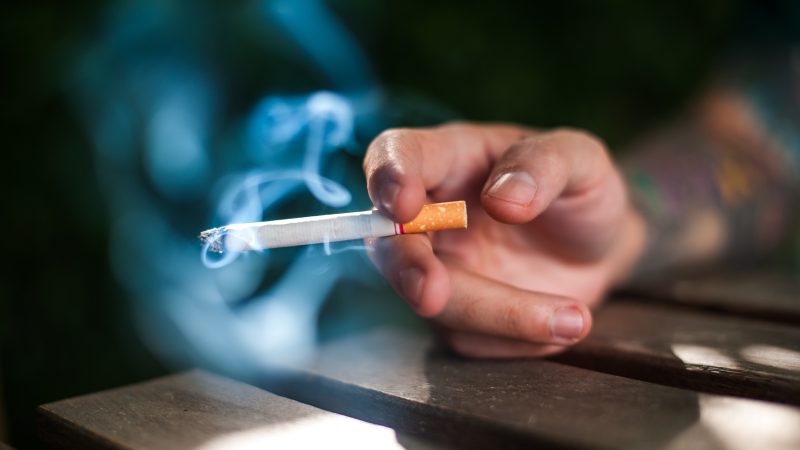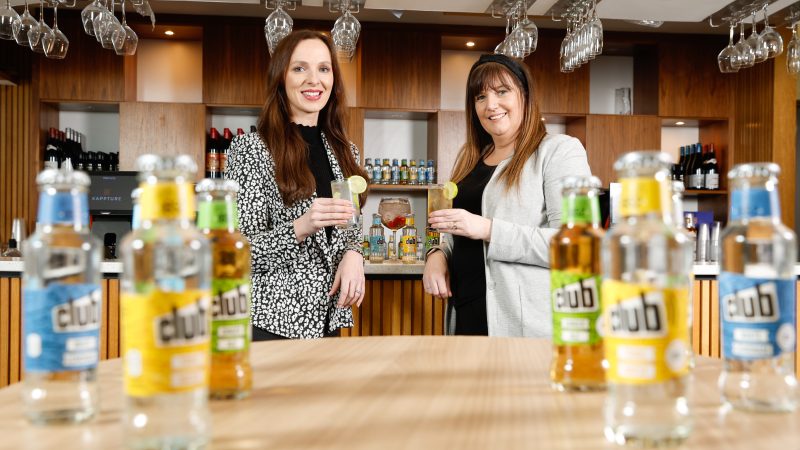Report: soft drink market
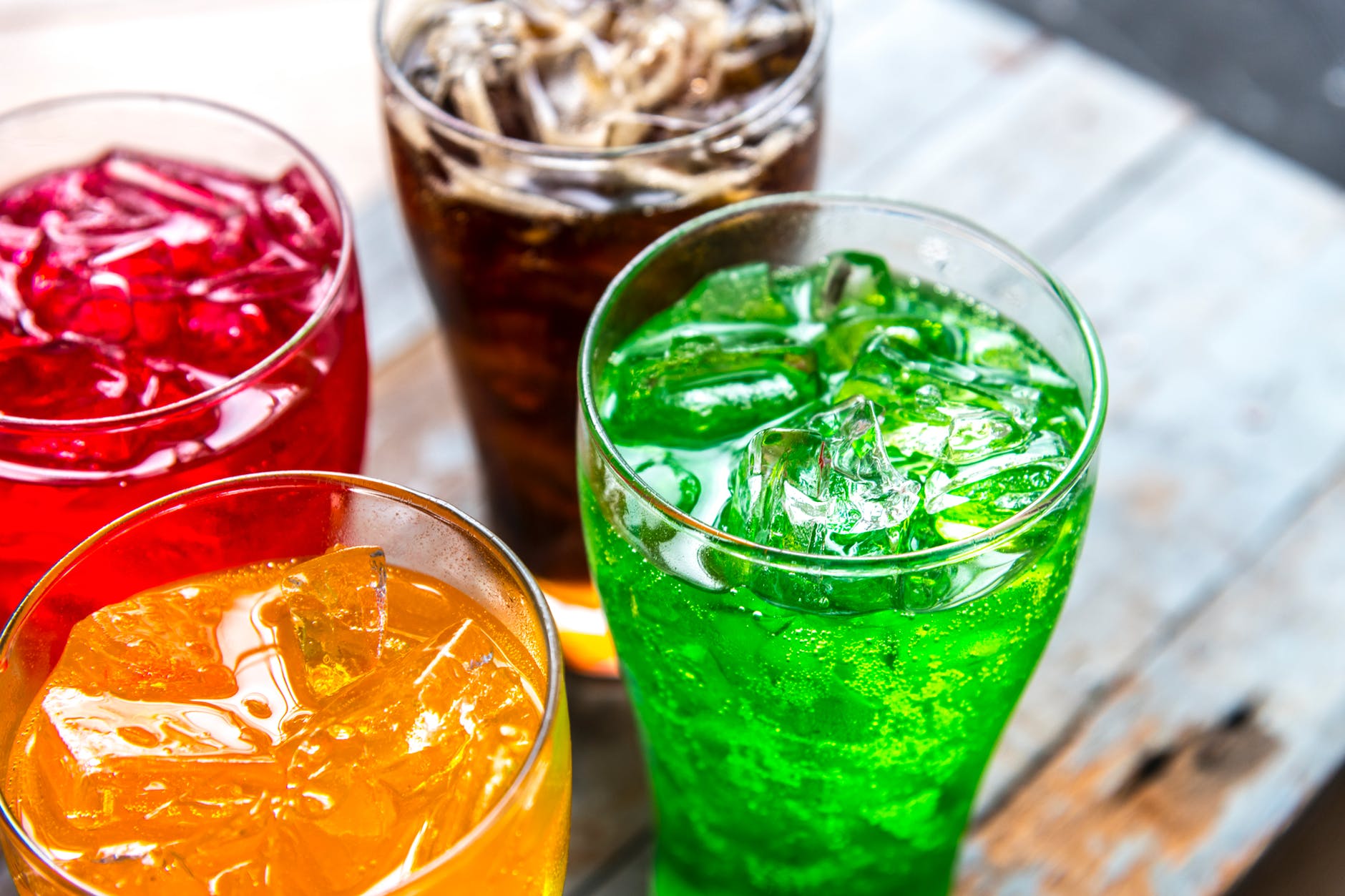
According to beverage brand VITHIT, the soft drink market is expected to change significantly in coming years as producers turn up the creativity to meet the demands of health conscious consumers.
In 2018, the market value of soft drinks reached approximately £14.5bn. However, consumption levels of traditional soft drinks are decreasing.
The introduction of the sugar tax last year has had a significant impact on a large proportion of consumable retail markets. Understandably, the soft drinks market was heavily affected.
The health and wellness trend continues to shape consumer demand in the UK. Britons pay even more attention to their health and to what they drink, as healthiness is becoming a real lifestyle choice. Producers not only reformulated their beverages ranges, but they saw the chance to relaunch the soft drinks industry, introducing new products with new sophisticated flavours.
As the health and wellness trend in the UK is predicted to persist and even intensify over the next few years, it is expected that growth will be led by healthy soft drinks with functional benefits and by premium options. Containing no calories and therefore perceived as a healthier option, bottled water is likely to have strong growth over the forecast period, specifically functional bottled water and flavoured bottled water, thanks to the increasing number of brands and varieties available in the UK.
With added sugar saying a partial farewell, and the nation’s shared interest of consuming sparkling beverages, juice brand VITHIT predict that sparkling water will play a crucial role throughout 2019.
Firstly, as a stand-alone product, carbonated water provides consumers with a modern take on more traditional ‘still’ water. Carbonated alternatives also share greater similarities with the soft drinks ‘of the past’. Maintaining as many similarities as feasibly possible is often crucial to encouraging consumers to make a change to staples in their diet. At an increasing rate, public protests are targeting high wastage and the deteriorating condition of the environment. Hence, the public’s demand for recyclable packaging is on the rise; hand-in-hand with the growing distaste for consumables with high levels of sugar.
With this growing consumer pressure, producers now have two minimum expectations to be met by businesses throughout 2019. Firstly that the packaging they employ to distribute their products is 100 percent recyclable, and secondly that the packaging being used is as minimal as is needed.
VITHIT envisage that, similar to the introduction of the Sugar Tax, businesses can expect to see taxes increase on wastage in 2019. Thus, it is really in everyone’s best interest, including the planet’s; to make this change in 2019.
In summary, many of the key trends expected in 2019 are to be driven by evolving consumer behaviour, whose preference is no longer just value for money, but value of purchase. In turn, this is likely to influence both government legislation and business behaviour.
Consumers now want to know that their purchase has a higher meaning than an increasing turnover for the conglomerate that’s produced and distributed the product.
The same can be applied to the high levels of sugar in a consumable product and this changing consumer demand. Not only do consumers want their products to taste great, but they want to get something back for their money, like a boost of Vitamins.
Consumers are changing and businesses must do the same; or risk their corporate profile and public reputation; saying goodbye to increasing growth.


